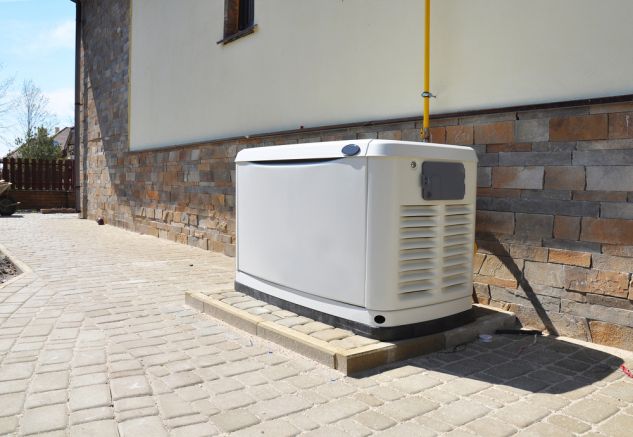How to Use a Generator Safely
Posted by Kristopher Schwind

Generators are still one of the greatest inventions since the horse and buggy, if used correctly. They can provide an unbeatable source of power, including the heating, cooling, and fueling of homes and businesses, keeping daily life and operations running without disruptions. But these complicated machines must be handled with care, and precautions must be taken to ensure safe operation. Follow our tips below for how to use a generator safely, and you can rely on a steady source of power when you need it most.
Never Use Indoors
First and foremost, you should never use a generator indoors. If you have your generator professionally installed, the technicians will make sure to position it in a well-ventilated location outdoors, away from all doors, windows, and vent openings. But if you’re using a portable generator that wasn’t professionally installed, the same rules apply. The reason for this is that generators produce carbon monoxide emissions, which can be fatal.
Install a Carbon Monoxide Detector
On the topic of carbon monoxide emissions, make sure to install a CO alarm in your home before operating your generator, if you don’t already have one. These alarms will detect harmful carbon monoxide emissions, alerting you to any danger. Proper CO detector placement is crucial, so make sure to follow the manufacturing instructions for the correct mounting height and positioning.
Know When to Fuel Up
Make sure to take safety precautions before refueling your generator. You should never refuel while the generator is running because the engine needs to cool. If the fuel was to come into contact with the hot exhaust or the spark plug, it could easily start a fire.
You should also make sure to store the fuel in a properly-labeled container, and keep it away from any living areas in-between changes. Ideally, you should be changing the fuel roughly every one hundred hours of use, as this is an important part of keeping your generator well-maintained.
Trust the Professionals
If you want to connect your generator to your house’s wiring, do not attempt to do this on your own, as the risks can be fatal. Instead, get in touch with a professional generator technician who can safely install a power transfer switch for you. The reason for this is that the transfer switch must be installed in accordance with the National Electric Code (NEC), which is the regionally adoptable standard for the safe installation of electrical wiring and equipment in the U.S. The installation of the transfer switch must also be in line with all applicable local and state electrical codes.
If you want to speak to a professional about installing the best generator for your property, get in touch today for a free generator consultation. Our technicians will conduct a power usage analysis to determine the best generator for your unique needs.
Kristopher Schwind is the proud owner of National Standby Repair.
 24/7 EMERGENCY GENERATOR SERVICE
24/7 EMERGENCY GENERATOR SERVICE REQUEST A QUOTE
REQUEST A QUOTE
 (914) 734-1400
(914) 734-1400